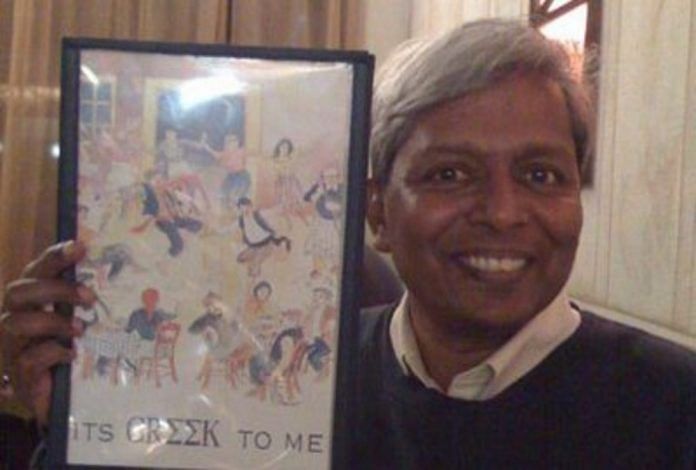New Delhi: Some Covid-19 vaccine candidates that are being developed by Indian researchers and industry in collaboration with global partners are likely to proceed to human trials over the next few months, Principal Scientific Adviser Professor K. VijayRaghavan said Thursday.
None of the vaccine candidates being developed by Indian groups alone is ready for human trials, he added.
Speaking at a media briefing on the development of drugs, vaccines and testing technologies to deal with the Covid-19 pandemic, VijayRaghavan said at least 30 groups in India are involved in developing vaccines.
Niti Aayog member V.K. Paul, who was at the briefing too, said Indian industry is working on at least eight vaccine candidates, of which four are in “relatively advanced stages of development”. Apart from that, he added, national science laboratories are working on six candidates, of which at least “2-3 look very promising”.
The duo did not specify which institutions or laboratories are involved in these efforts.
Also Read: Covid vaccine could come by 2020-end but realistic time-frame would be 2 yrs: Adar Poonawalla
On vaccine development
The top science officer in the Indian government, VijayRaghavan used the briefing to elaborate on the large-scale efforts under way to find a vaccine for Covid-19.
“Usually, it takes at least 10 to 15 years to develop (a vaccine) and it costs up to $200-300 million. Our effort is to accomplish this in a year. To do that, we need to do ‘parallel processing’,” he said.
“Instead of working on one vaccine and seeing whether it works over a 10-year period, the world is investing in more than a hundred vaccines at the same time,” he added.
VijayRaghavan said India’s “vaccine manufacturing capacity is top class”.
“But along with that, over the last few years, India’s vaccine companies are now also involved in R&D for vaccines. Our startups and academia are also involved in vaccine developments in a big way,” he added.
India, he said, is also part of global consortiums, which will allow it to have access to the successful vaccines.
However, he noted that the distribution of the vaccine, once developed, will be a logistical challenge. This is because the disease is unusual and everyone — from young to old, in rich as well as poor countries — will need the vaccine, he said, adding that a plan is being discussed on who will get the vaccine first.
Given the scale of the pandemic, VijayRaghavan said, there is room for all players developing vaccines, and that the emergence of one vaccine won’t make the efforts of others meaningless.
Trying different drugs
Paul said India is currently working on testing a number of drugs on Covid-19 patients as possible treatments, including favipiravir, hydroxychloroquine, remdesivir, arbidol and the BCG vaccine.
He also added that a plant derivative called ACQH is being trialled by researchers at the Council of Scientific and Industrial Research (CSIR). Another group at CSIR is working on establishing the efficacy of mycobacterium w, which is used to treat sepsis, he said.
“The CSIR and the AICTE (All India Council for Technical Education) have embarked on a drug discovery hackathon, where students are trained on how to do computational drug discovery,” VijayRaghavan added. “They get access to high-end computational tools to design drugs… Once candidates that have the right fit are identified, they can then be taken forward by drug manufacturers.”
While computational drug discovery has a low probability of working when tried on a small scale, at a very large scale, “it will be like buying enough lottery tickets”, he said.
Commenting on the use of hydroxychloroquine for treatment as well as prevention, despite the WHO’s recent decision to pause trials involving the drug, Paul said the beneficial effects of HCQ are well known in tissue cultures.
“From existing knowledge on HCQ, we believe that the benefits outweigh the risks — if any,” Paul added.
Also Read: Covid vaccine could come in a year, but life-as-usual years away, says WHO chief scientist




Why to waste money on vaccines when corona can be prevented and treated with cheaper Hydroxy Chloroquine
This NITI AYOG guy has been fabricating since the beginning. He claimed in March that India had millions of testing kits.
Don’t believe anything which VK PAUL says. He is a fabrication specialist All they mean to say is that Indians will be the guinea pigs in the trial